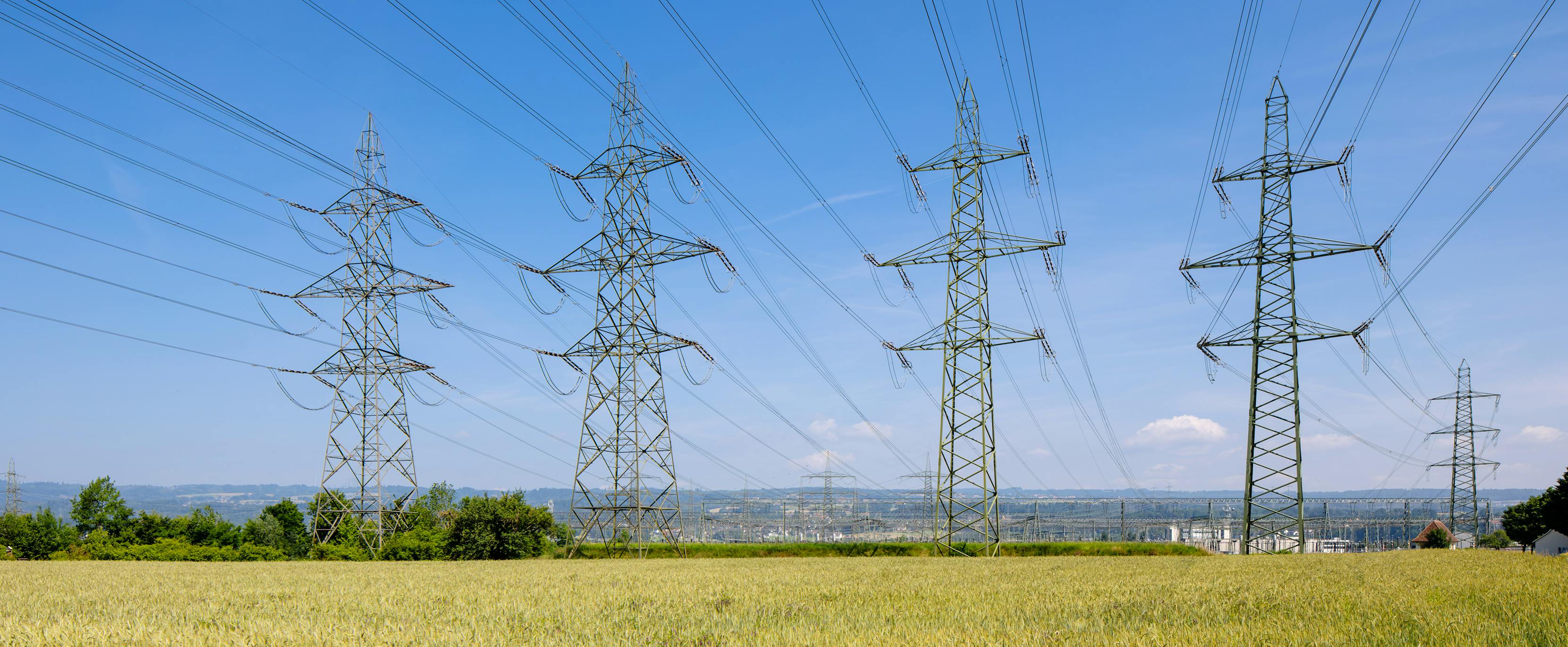
In eight of the last ten winters, domestic production has not been sufficient to cover electricity requirements. This underlines that Switzerland is generally dependent on electricity imports during the winter months. Photovoltaic plants now produce so much electricity on sunny summer days that the volumes are too high for everyday consumption. On days like this, the power plant operators often use the electricity to pump water into reservoirs at higher altitude. Nevertheless, there is still usually a surplus that is exported abroad.
Rising electricity surpluses in the summer
Given the rapid expansion of photovoltaic production, there have been significant summer surpluses for several years now, and the volume of excess electricity rises each year. This can be illustrated by the figures for the summer of 2024. There were so many sunny days that electricity generation on peak days was twice as high as national consumption. It is quite possible that this trend will intensify as temperatures rise due to climate change. However, it is also important to keep an eye on the constantly growing energy requirements as a result of the electrification of society, which is why it is so difficult to make precise forecasts.
Ecoplan study on the importance of electricity exchange
The Federal Council has commissioned a study from the research and consulting company Ecoplan to demonstrate the economic importance of electricity exchange. One of the focuses of the study is on how much electricity Switzerland can import and export with and without an electricity agreement with the EU. Cross-border capacities are a key factor – they indicate the volume of electricity that we can exchange with neighbouring countries. The scenario with an electricity agreement is called «market coupling» in the study because in this case, the markets and cross-border capacities of Switzerland and the EU would be entirely coupled. The scenario without an electricity agreement is appropriately described as «no cooperation».
70 percent for energy exchange
The EU countries have decided that 70 percent of the capacity of their extra-high-voltage grids must be reserved for transnational electricity trade on the intra-European market at all times. This is because at present, electricity is often not generated where it is actually needed. Europe has large wind farms in the north, high PV capacity in the south, and France produces considerable volumes of electricity from nuclear power in between. In order to be able to trade this electricity mix efficiently, corresponding capacity is required on the lines – hence the 70 percent rule.
Since Switzerland is not an EU country, this 70 percent rule will not apply to Switzerland if there is no electricity agreement. This means that our EU neighbours could restrict cross-border capacities with Switzerland at their own discretion, for example if they need additional capacity in order to comply with the prescribed capacity within the EU.
Extensive restrictions without an electricity agreement with the EU
According to the Ecoplan study, the EU would severely restrict capacities at the border if no electricity agreement is reached. Consequently, Switzerland would no longer be able to export its surplus electricity, or could only do so to a limited extent. According to the study, export capacity would decrease by 60 percent. The situation would be similar for electricity imports, resulting in a drop of almost 70 percent in cross-border capacity. Such a significant reduction in capacity at the border would be a major challenge both for the secure operation of the transmission system and for security of supply.






